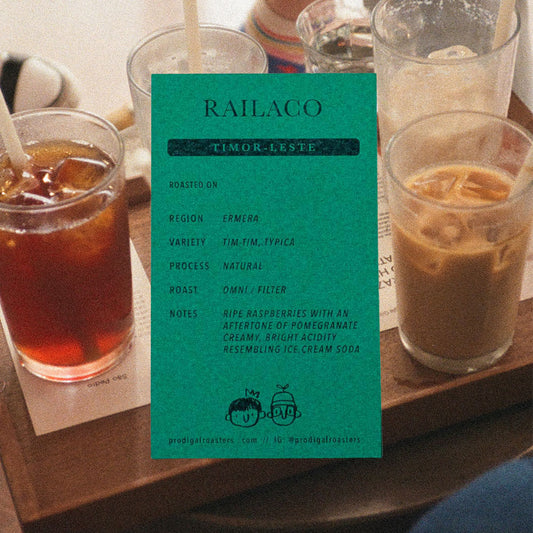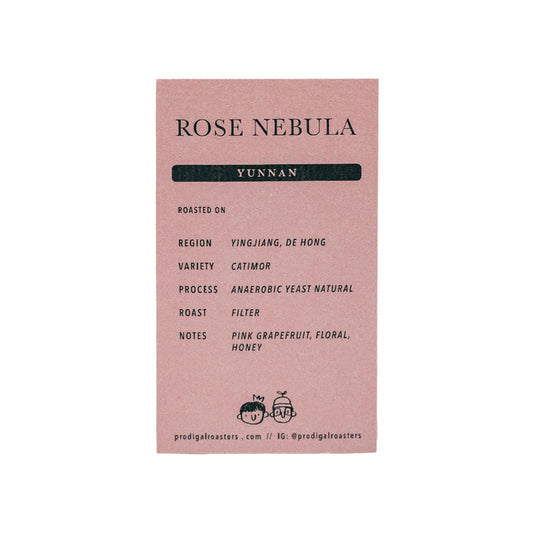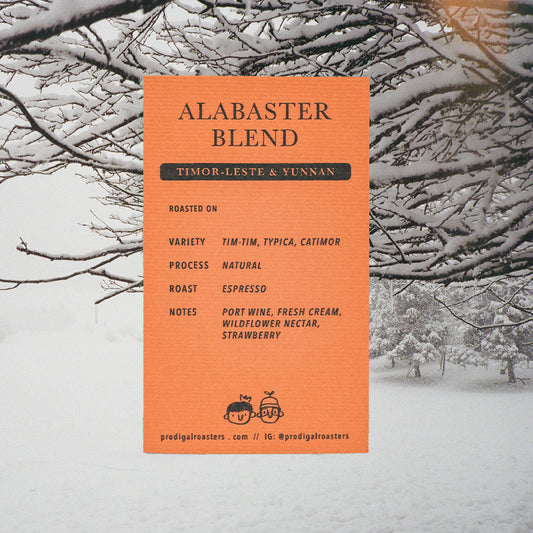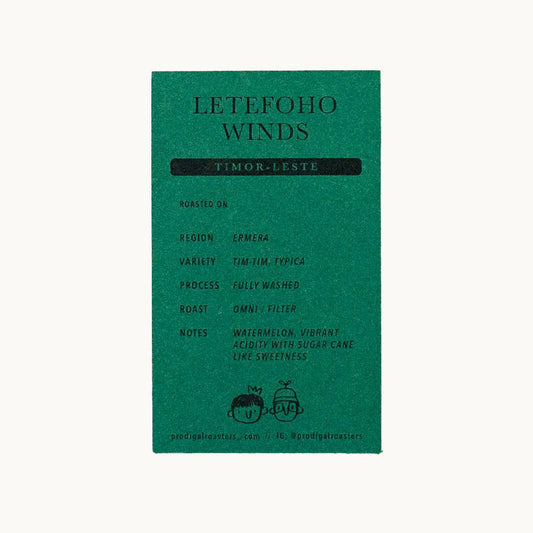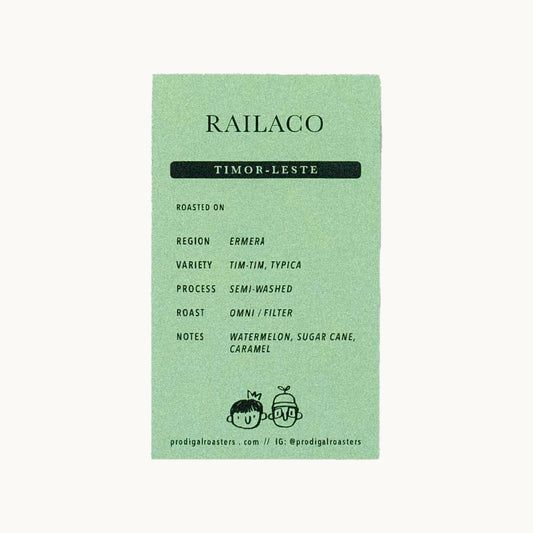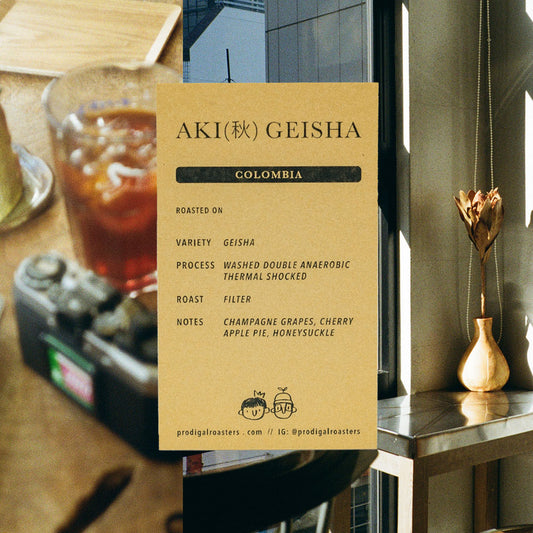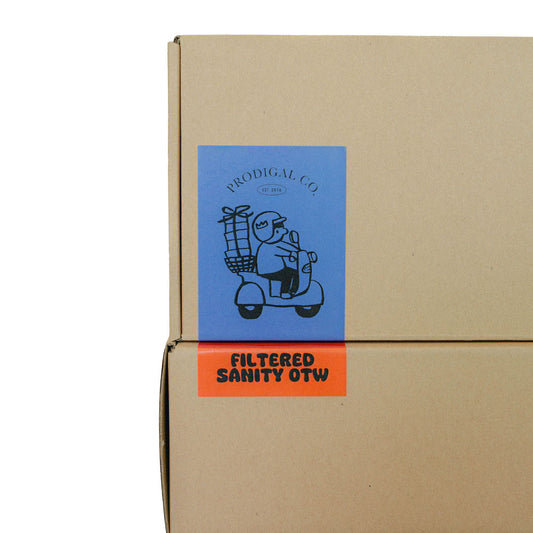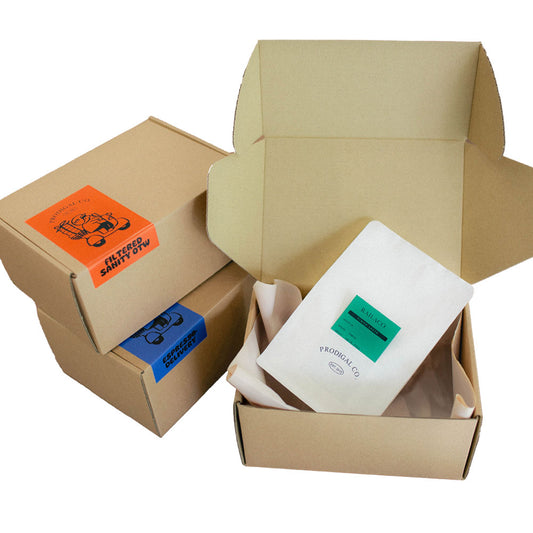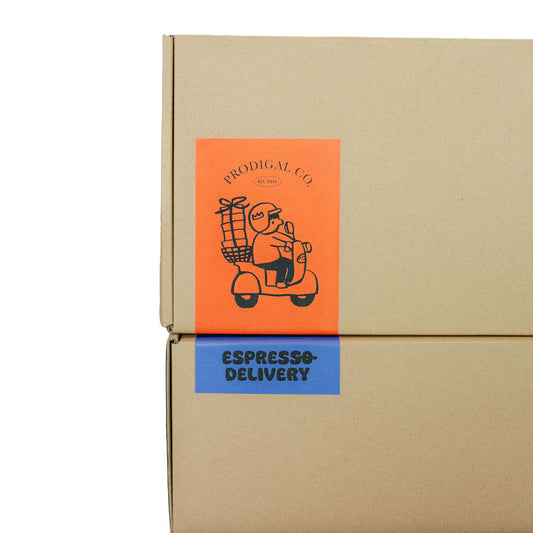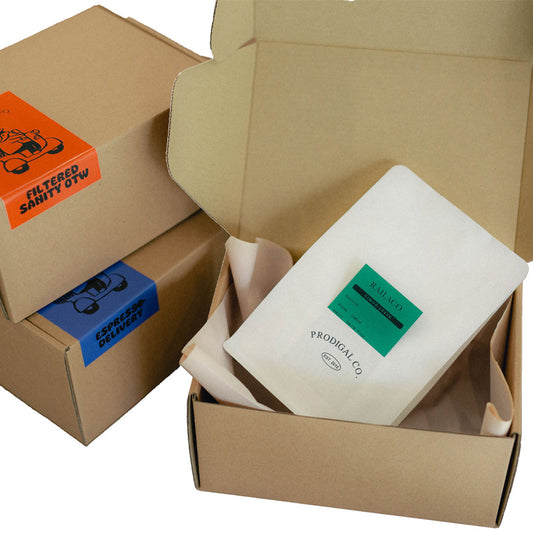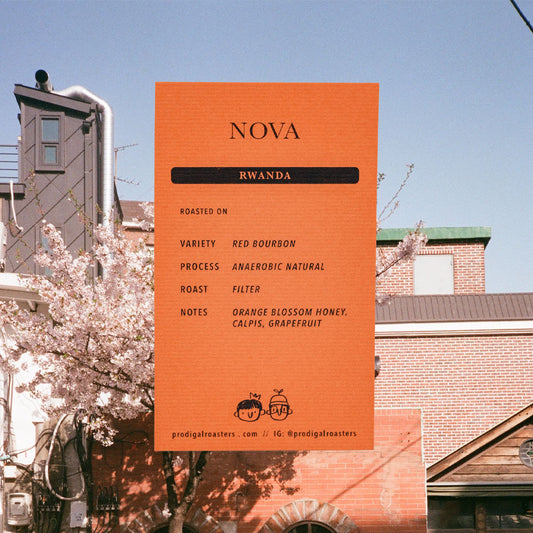Collection: A Simple Guide To Specialty Coffee in Singapore
Discover the Rich World of Speciality Coffee Beans
At Prodigal Roasters, we share your love for speciality coffees. That’s why we’re on a mission to promote specialty coffee beans to more people in Singapore.
Speciality coffee is known for its exceptional quality and unique flavors due to meticulous care at every stage, from cultivation to roasting.
This simplified guide will explain what speciality coffee is, how it’s different from regular coffee, and take you through the journey from bean to cup.
Getting started with Speciality Coffee
Understanding Specialty Coffee
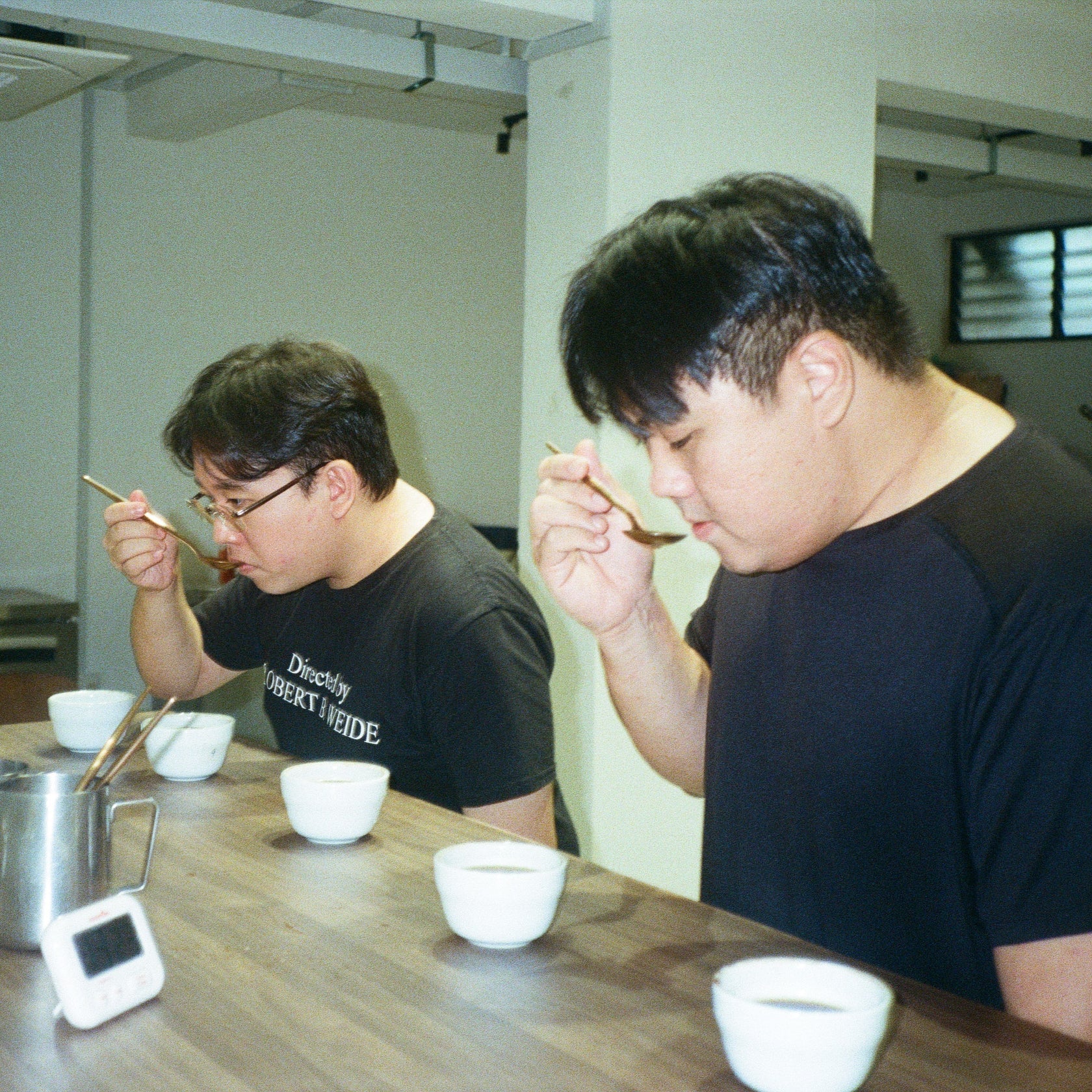
What is Specialty Coffee?
“Specialty Coffee” refers to coffee that achieves a score of over 80 points on the Specialty Coffee Association’s (SCA) 100-point scale.
This score is determined through a process called “cupping,” where the flavours and aromas of brewed coffee are carefully evaluated.
Simply put, specialty coffee represents the “cream of the crop”—grown at ideal altitudes, in optimal soil conditions, and harvested at just the right moment before being sold to premium coffee traders and roasters.
What are the factors that contribute to this quality?
Specialty coffee is defined by high-quality beans from specific regions, offering unique flavour profiles influenced by environmental factors and meticulous farming practices.
Specialty coffee stands out in the vast coffee landscape due to its high-quality beans sourced from specific regions with distinct characteristics. These beans are often identified by their unique flavour profiles, which might include notes of fruits, chocolate, and floral aromas.
This diversity in flavours is a direct result of the environment in which the coffee is grown, including factors like soil quality and climate conditions.
Where do these beans typically come from?
Specialty coffee is typically grown in regions with specific climate and soil conditions that allow for high-quality coffee production.
Some of the most common places include:
- Central and South America
- Africa
- Asia
While approximately 75% of the world’s coffee production consists of Arabica beans, only 10% of all coffee beans meet the criteria to be classified as specialty coffee.
How Is Coffee Graded?
Understanding The Scoring System For Coffee
Using categories such as aroma, sweetness, and acidity, the SCA gathers feedback from a group of knowledgeable and certified Q graders.
These graders rely on the Coffee Taster’s Flavour Wheel, an industry-standard tool offering the most comprehensive vocabulary for evaluating coffee.
Unroasted green beans with excessive defects are immediately disqualified from the specialty coffee category.
While tasting coffee may appear to be a fun and straightforward process, it involves a detailed set of protocols and best practices that must be followed meticulously!
The Process: Farm To Cup
The Specialty Coffee Process
Commercial-grade coffee often skips key steps and quality checks, resulting in lower-quality beans. On the other hand, specialty coffee undergoes a meticulous and labour-intensive process to ensure each bean you brew is of the highest quality. Let’s take a closer look at the steps involved:
Step 1: Planting
The adventure of specialty coffee begins in highland farms, such as those found in Guatemala.
These regions provide ideal conditions for coffee cultivation, including rich soil and cool temperatures. Farmers in these areas play a crucial role, spending several years nurturing coffee plants and protecting them from pests through careful management.
Coffee beans are actually seeds, but before they can be brewed, they must be dried, roasted, and ground. These seeds are typically planted in shaded areas and nurtured for several days before being moved to individual pots for optimal growth.
Planting is usually done during the wet season to ensure the soil remains moist for healthy development.
Step 2: Harvesting
Harvesting these coffee cherries is an art in itself. Experienced pickers meticulously select only the ripest cherries, a labour-intensive process that significantly impacts the final quality of the coffee.
It takes 3 to 4 years for newly planted coffee trees to mature and bear fruit, known as coffee cherries. These cherries turn a vibrant deep red when ripe and ready for harvest.
In most countries, harvesting is still done manually, making it a labour-intensive process. Whether hand-picked or machine-harvested, there are two main methods: strip picking and selective picking.
Step 3: Processing
After harvesting, the beans undergo various processing methods, such as washed or natural, to extract the beans and develop their flavour profiles.
To prevent spoilage, cherries are processed immediately after harvesting. There are two common processing methods: the dry (natural) method and the wet method. Each method significantly impacts the coffee’s flavour profile.
Step 4: Drying
Wet-processed beans need to be dried to about 11% moisture content. This is done by spreading the beans on drying tables or floors under the sun. Once dried, they are referred to as parchment coffee.
Step 5: Hulling & Polishing
Once processed, the beans are hulled and sorted meticulously to ensure consistent quality before being exported to roasters around the world.
Hulling involves removing the parchment layer from the coffee beans, revealing their inner core.
Despite appearances, even the best-looking beans can have hidden defects. Polishing, an optional step, removes any remaining silver skin left during hulling for a cleaner finish.
Step 6: Exporting
After grading and sorting by size and weight, the processed beans, now called green coffee, are ready for export. This marks their journey to premium coffee roasters and cafes around the world.
Step 7: Tasting /Cupp ing
Certified Q graders conduct a process called cupping, carefully evaluating the coffee’s aroma, flavour, and balance. This is when the beans receive their rating, determining their quality and suitability as specialty coffee.
Step 8: Roasting
Roasting transforms green coffee into the aromatic, brown beans we recognise. This process unlocks the coffee’s unique flavours, preparing it for brewing.
Roasting green coffee beans is a pivotal step in the journey of specialty coffee. It requires precise control of temperatures and timings to unlock the beans’ full potential of flavours and aromas.
Critical stages in roasting, such as the first and second crack, are essential for developing the sweetness and depth of flavour in the final brew.
Different roasting techniques can significantly influence the outcome. Drum roasting, where beans are rotated in a heated drum, can sometimes lead to uneven roasting and smoky flavors if not carefully managed. On the other hand, hot air roasting uses streams of hot air to evenly roast the beans, resulting in a more consistent flavor profile and preventing undesirable smoky notes.
The level of roast also plays a crucial role in the flavour profile. Light roasts emphasise brighter, more acidic flavours, often highlighting citrus, floral, and herbal notes. In contrast, darker roasts develop deeper sweetness and body but may sacrifice some of the acidity and delicate flavours.
Understanding these nuances is key to appreciating the artistry and skill involved in roasting specialty coffee.
Step 9: Brewing
Brewing is the final and most rewarding step in the journey of specialty coffee. This is often the only stage that most people see & experience...!
It’s the moment where all the hard work—from planting and harvesting to processing and roasting—culminates in the creation of a delicious cup.
However, brewing isn’t as simple as it might seem. To truly enjoy the nuances of specialty coffee, the method, equipment, and even water quality play crucial roles.
---
This extensive journey from farm to roaster is a testament to the dedication and expertise required to produce high-quality specialty coffee.
Understanding Flavour Profiles
Exploring the flavour profiles of specialty coffee is a delightful adventure.
As mentioned above, experts rely on the Coffee Taster’s Flavour Wheel, an industry-standard tool offering the most comprehensive vocabulary for evaluating coffee.
Why are there different flavour profiles?
Below are a few reasons why coffee beans have different flavour profiles:
- The roasting process transforms green beans through a series of chemical reactions, notably the Maillard Reaction, which develops aroma and flavour.
During roasting, beans undergo significant physical changes, including expansion and moisture loss, which contribute to their final flavour profile.
The choice of roasting method significantly influences the final taste of coffee. For instance, drum roasting yields a denser flavour, while hot air roasting results in a cleaner, sweeter profile.
- Coffee processing methods, such as natural, washed, and honey processes, also greatly affect the final flavor, with natural processing often yielding sweeter notes.
- Blending different coffee beans can create new flavour profiles by harmonising elements from each variety, allowing for innovative combinations.
Tips for Baristas: Serving Specialty Coffee
For baristas, serving specialty coffee is both an art and a science. Mastering various coffee types enhances the overall customer experience, as understanding the differences allows baristas to recommend and prepare the best coffee for each customer. Training in customer service is equally important, as building rapport with customers can significantly enhance their coffee-drinking experience.
Baristas must also be knowledgeable about their equipment to ensure proper use and maintenance. This includes understanding the coffee machine’s components and mastering techniques like properly steaming milk to create the microfoam crucial for espresso-based drinks.
Additionally, skills in latte art, which starts with well-prepared espresso and steamed milk, add a visual and sensory delight to the coffee experience.
If you're looking for hands-on training, you can probably consider our professional barista course in Singapore.
Tips for Home Brewers: Specialty Coffee at Home
Bringing the specialty coffee experience into your home is easier than you might think.
At Prodigal Roasters, we focus on making our beans highly accessible for coffee enthusiasts to enjoy great coffee at home at the best prices.
---
Some popular brewing methods:
One popular method is the Pour Over. The pour over method involves pouring hot water through coffee grounds in a filter. The water drains through the coffee and filter into a carafe or mug. Pour over is also known as "filter coffee" or "drip coffee".
Another method, the French Press, allows for excellent extraction of flavours due to its unrestricted contact between coffee and water.
Other methods, such as drip coffee machines and Moka Pots, also offer great options for home brewing. Moka Pots create a strong coffee similar to espresso by utilising direct contact between water and coffee grounds.
With the right equipment and techniques, you can enjoy the best coffees right from your kitchen.
--
If you're looking for guided hands-on training, you can probably consider our complete brewers course in Singapore.
-
Timor-Leste Ermera Railaco Natural
Strawberry Cream, Raspberry
Regular price From $24.00 SGDRegular priceUnit price / per -
Rose Nebula, Yunnan, Yingjiang, De Hong
Regular price $32.00 SGDRegular priceUnit price / per -

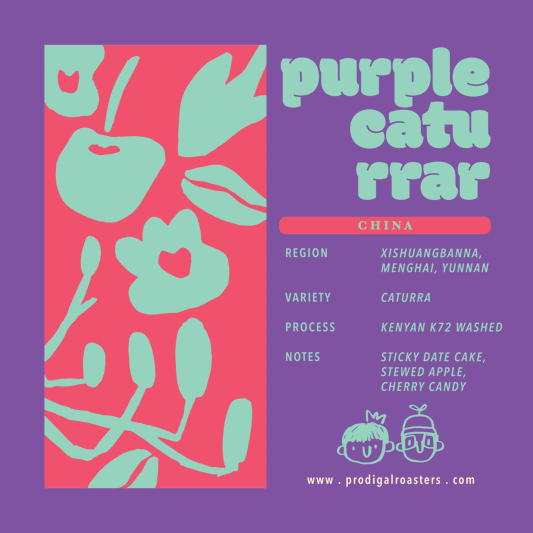 Sold out
Sold outDrip Bags - Assorted Pack of 5
Regular price $18.00 SGDRegular priceUnit price / per$20.00 SGDSale price $18.00 SGDSold out -
Alabaster Blend
Port Wine, Wildflower Nectar, Strawberry, Fresh Cream
Regular price From $24.00 SGDRegular priceUnit price / per -

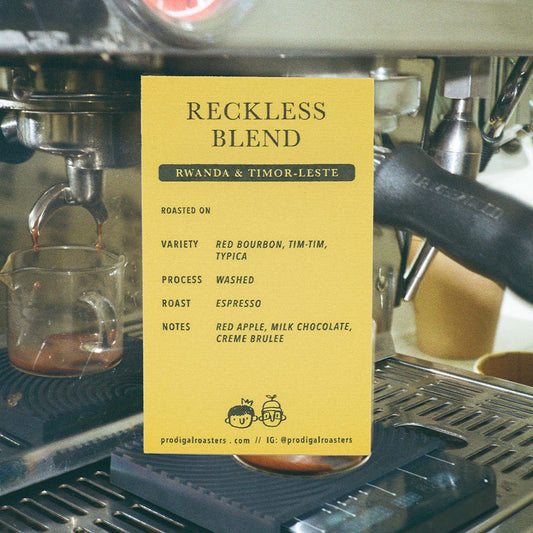 Sold out
Sold outReckless Blend
Red Apple, Milk Chocolate, Creme Brulee
Regular price From $23.00 SGDRegular priceUnit price / per -
Timor-Leste Ermera Letefoho Winds
Sugar Cane with vibrant acidity
Regular price From $23.00 SGDRegular priceUnit price / per -
Timor-Leste Ermera Railaco Semi Washed
Sugar Cane sweetness, Caramel
Regular price From $22.00 SGDRegular priceUnit price / per -

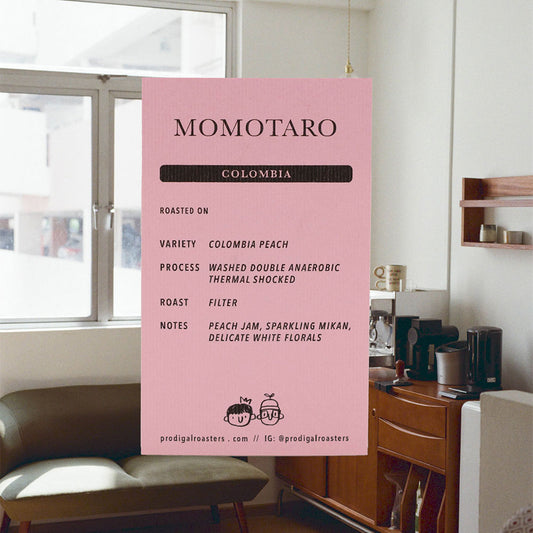 Sold out
Sold outMomotaro (Colombia)
Peach Jam, Sparkling Mikan, Delicate White Florals
Regular price $31.00 SGDRegular priceUnit price / per -
秋 (Aki) Geisha
Champagne Grapes, Honeysuckle, Cherry Apple Pie
Regular price From $25.00 SGDRegular priceUnit price / per -

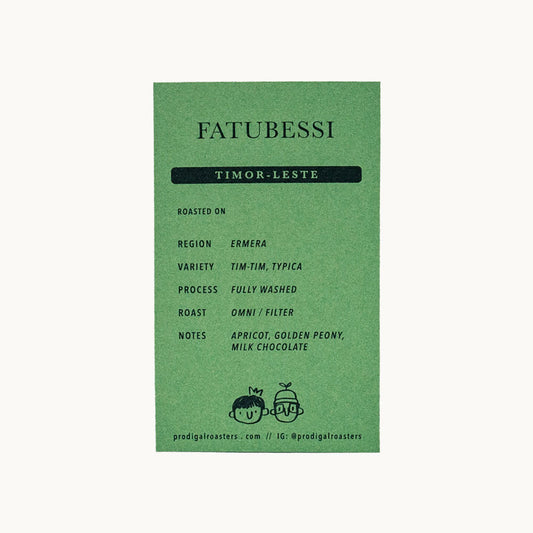 Sold out
Sold outTimor-Leste Ermera Fatubessi
Apricot, Golden Peony, Milk Chocolate
Regular price From $23.00 SGDRegular priceUnit price / per -
Filter Subscription
Regular price From $24.00 SGDRegular priceUnit price / per -
Espresso Subscription
Regular price From $22.00 SGDRegular priceUnit price / per -

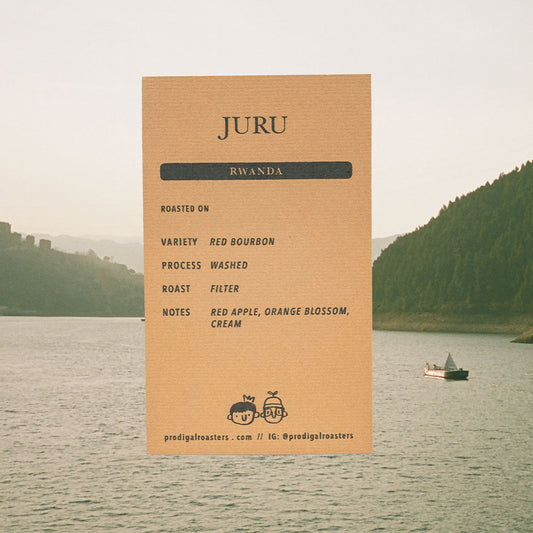 Sold out
Sold outRwanda Juru
Red Apple, Orange Blossom, Cream
Regular price From $22.00 SGDRegular priceUnit price / per -
Drip Bag - Timor Leste Letefoho Winds
Regular price From $4.00 SGDRegular priceUnit price / per$20.00 SGDSale price From $4.00 SGDSale -
Drip Bag - Timor Leste Natural
Regular price From $4.00 SGDRegular priceUnit price / per$20.00 SGDSale price From $4.00 SGDSale -
Drip Bag - Purple Caturra
Regular price From $4.00 SGDRegular priceUnit price / per$20.00 SGDSale price From $4.00 SGDSale -
Rwanda Nova Anaerobic
Orange Blossom Honey, Calpis, Grapefruit
Regular price From $24.00 SGDRegular priceUnit price / per -
Drip Bag - Rwanda Juru
Regular price From $4.00 SGDRegular priceUnit price / per$20.00 SGDSale price From $4.00 SGDSale -
 Sold out
Sold outDrip Bag - Kenya Cianda
Regular price From $4.00 SGDRegular priceUnit price / per$20.00 SGDSale price From $4.00 SGDSold out
Speciality Coffee in SIngapore
The Speciality Coffee Ecosystem
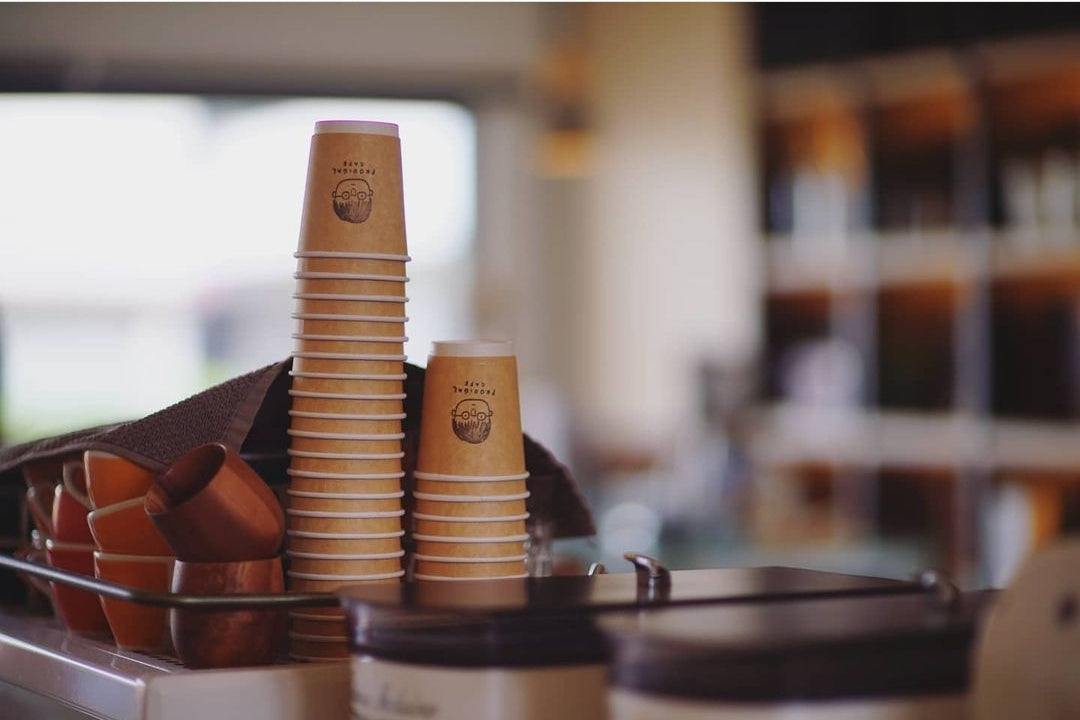
Specialty Coffee Scene in Singapore
Specialty Coffee in Singapore
Singapore boasts a vibrant specialty coffee culture, with players like ourselves (Prodigal Roasters), Common Man Coffee Roasters and Nylon Coffee Roasters.
At Prodigal Roasters, we operates cafes and a barista academy, promoting specialty coffee through engaging and educational experiences. Meanwhile, Nylon Coffee Roasters focuses on sourcing high-quality coffees and has established a coffee bar and roaster, contributing to Singapore’s evolving coffee culture. Additionally, degrees north coffee is gaining recognition among coffee enthusiasts.
Specialty coffee shops in Singapore often act as community hubs, fostering connections and relationships. Smaller cafes frequently collaborate with local artisans, enhancing community ties and supporting local economies.
Events like Singapore Coffee Week further highlight the local specialty coffee scene, allowing enthusiasts to explore numerous cafes and their unique offerings.
Additionally, these cafes often offer unique menu items that showcase their creativity and commitment to quality. This vibrant cafe culture makes Singapore a significant player in the global specialty coffee scene.
Specialty Coffee Roasters in Singapore
Specialty coffee roasters in Singapore play a significant role in shaping the quality and uniqueness of the coffee we enjoy.
For instance, Prodigal Roasters, emphasises the importance of good coffee and the relationships formed throughout the coffee-making process.
Similarly, Nylon Coffee Roasters is recognised for its commitment to quality, partnering only with trusted exporters for certain coffee origins.
Look out for roasters that exemplify the dedication to quality, relationships, and sustainability that define the specialty coffee industry.
By focusing on these values, you can be sure that every cup of coffee will offer an exceptional experience, connecting consumers with the journey of the beans from coffee farm to cup.
---
Here’s a non-exhaustive list of some cafes / roasters in Singapore that sell specialty coffee:
- Prodigal Roasters
- Nylon Coffee
- Common Man
- Homeground Coffee Roasters
- Butler Koffee
- Pinhole Coffee Bar
- Kurasu Singapore
- Asylum Coffee House
Farmers: The Backbone of Specialty Coffee
The specialty coffee industry places a strong emphasis on ethical sourcing and sustainability.
This commitment is crucial for ensuring the health of the environment and the well-being of the communities involved in coffee production. Sustainability is becoming a central focus in the coffee industry, driven by both regulations aiming for climate neutrality and consumer demand for environmentally friendly products.
Single origin coffees, a key aspect of specialty coffee, allow consumers to connect with the terroir and the farmers, appreciating the unique characteristics of each region. Supporting these farmers is essential for maintaining the high standards of specialty coffee.
Specialty Coffee Trends
Specialty Coffee Trends in 2025
As we look into 2025, several exciting trends are emerging in the specialty coffee industry. Artificial Intelligence is increasingly being integrated into coffee production and preparation, enhancing efficiency and consumer personalisation.
This technology allows for precise control over brewing methods, ensuring consistent and high-quality results.
Sustainability continues to be a major focus, with new practices being developed to reduce the environmental impact of coffee production. Brewing methods are also evolving, with a growing emphasis on precision and technology to enhance the flavour and quality of coffee.
These trends highlight the ongoing innovation and commitment to excellence in the specialty coffee industry.
Consider Trying Our Specialty Coffee Beans
-
High Quality Beans
We provide specialty coffee beans, offering different flavours graded and evaluated by trained professionals to ensure top quality.
-
Buy Direct From Coffee Supplier
No middlemen here! You get the best prices for your coffee when you buy directly from us, the coffee suppliers!
-
Freshly Roasted To Order
Fresh tastes different. At Prodigal Roasters, our coffee beans are roasted locally, ensuring they are always freshly roasted and never sold stale.
Enjoy The People & The Journey.
In the world of specialty coffee, every sip offers a journey from the highlands of Guatemala to the bustling cafes of Singapore.
We’ve explored what makes specialty coffee unique, the meticulous journey from bean to cup, and the art of roasting. We’ve also delved into the vibrant communities and trends shaping this industry.
Specialty coffee is more than just a beverage; it’s a connection to the land, the farmers, and the artisans who pour their passion into every cup. As you enjoy your next cup of coffee, take a moment to appreciate the incredible journey it has taken to reach you.
The journey to producing specialty coffee involves rigorous quality standards. Small-scale farmers tend to their crops with exceptional care, ensuring that the coffee plants are nurtured under optimal conditions.
This dedication results in each batch of specialty coffee being unique, with its own distinct taste and character. This meticulous approach to farming is what sets specialty coffee apart from commercial coffee and allows it to be recognised as some of the best coffee in the world.
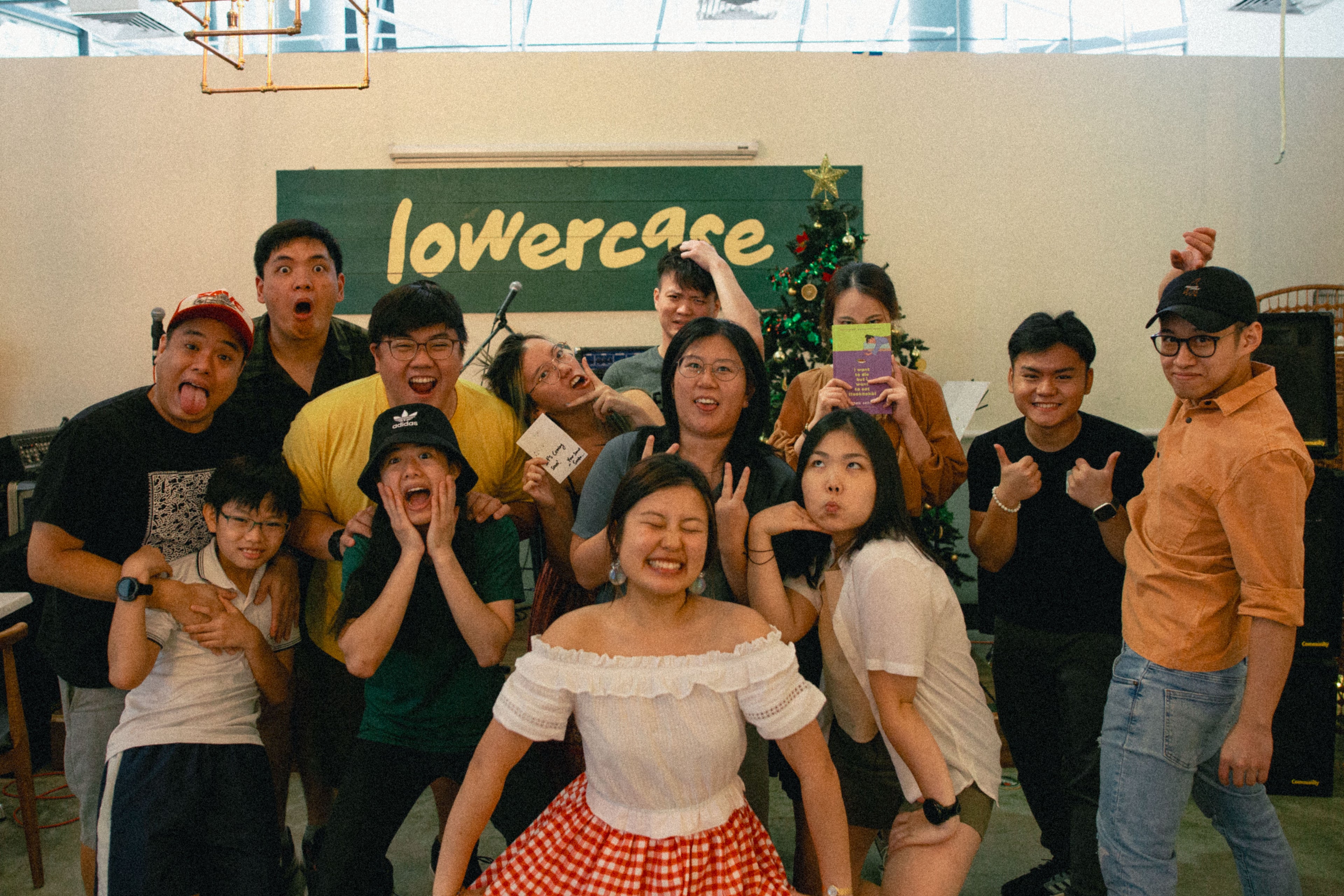
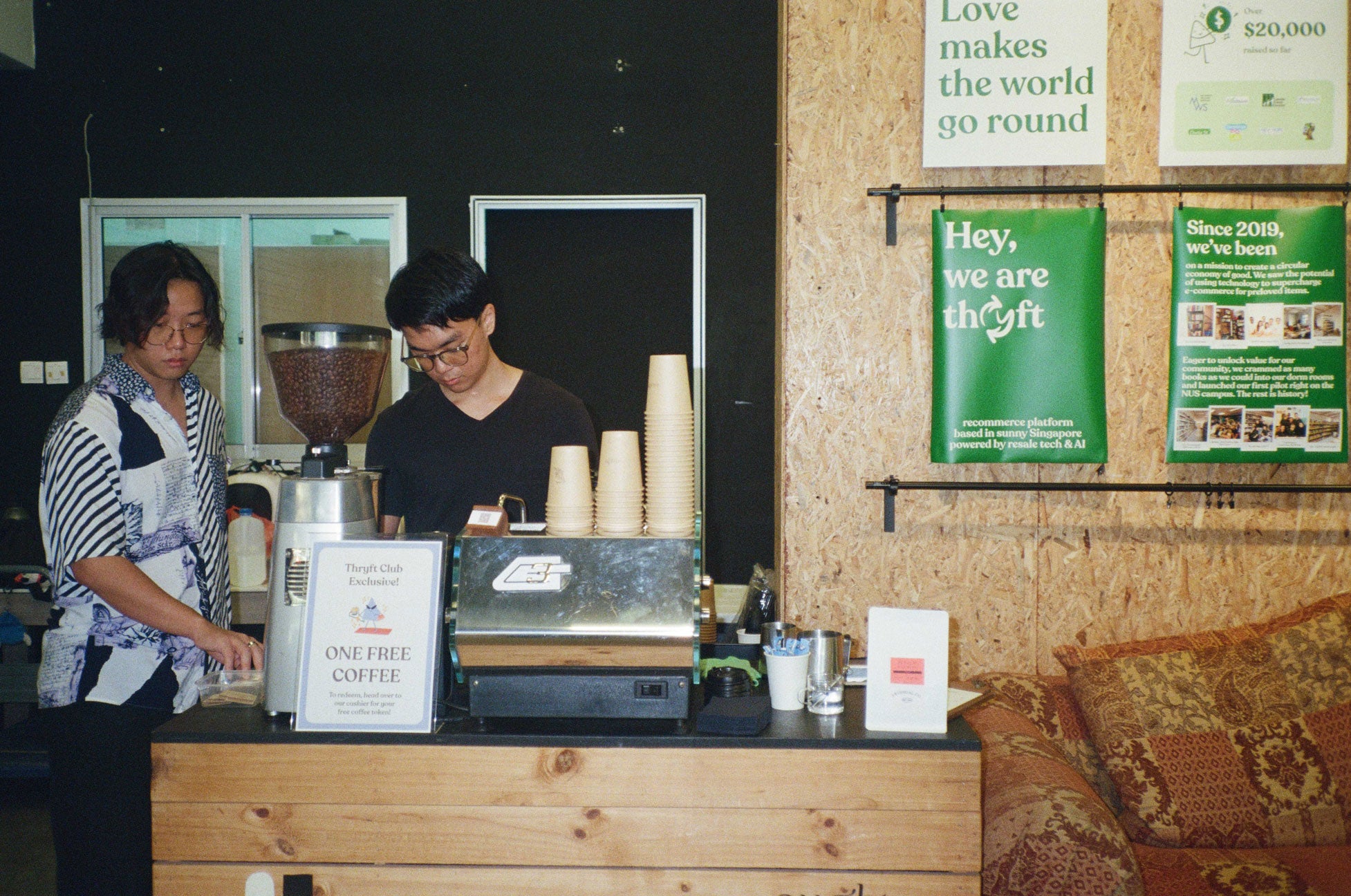
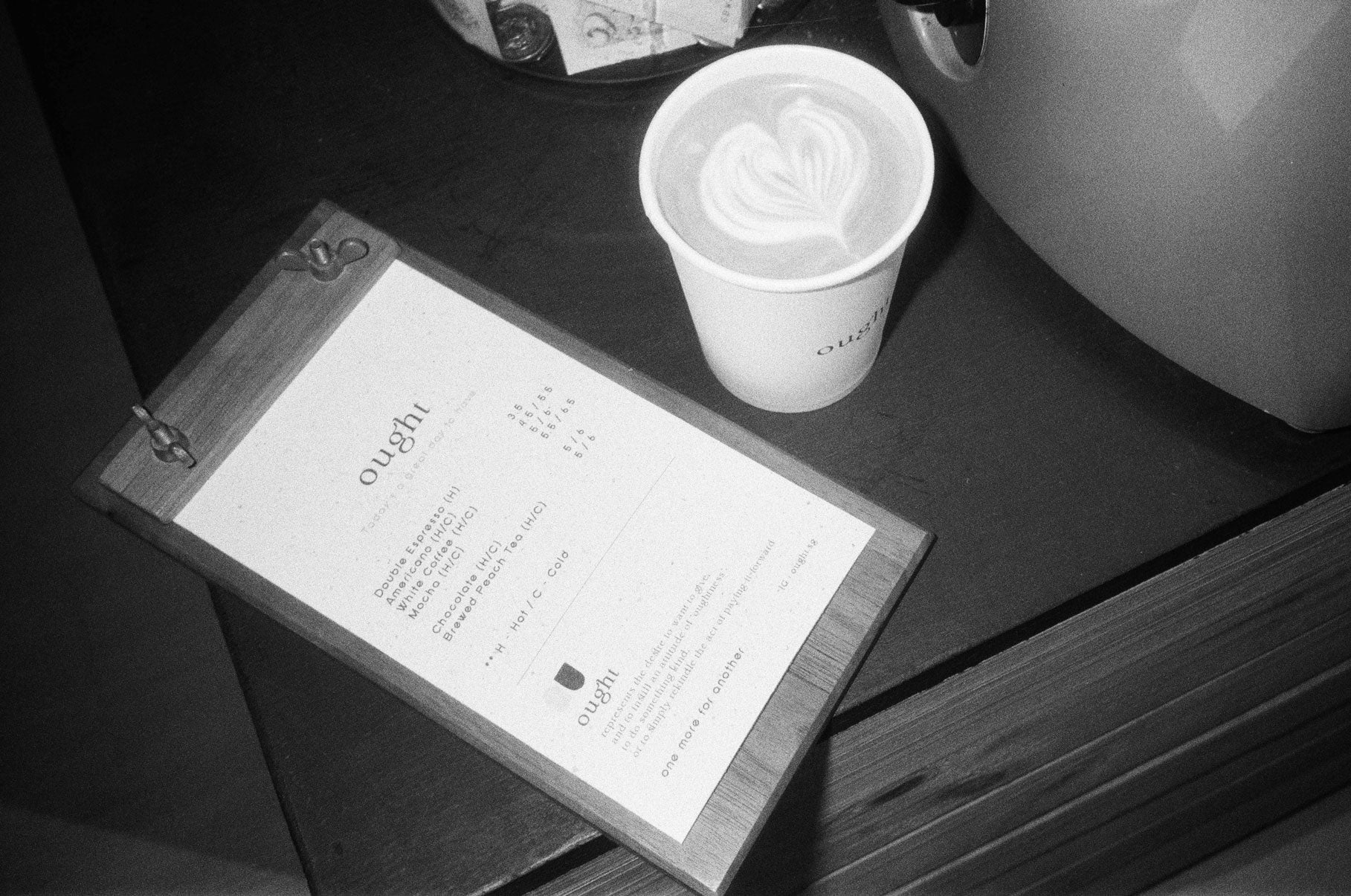
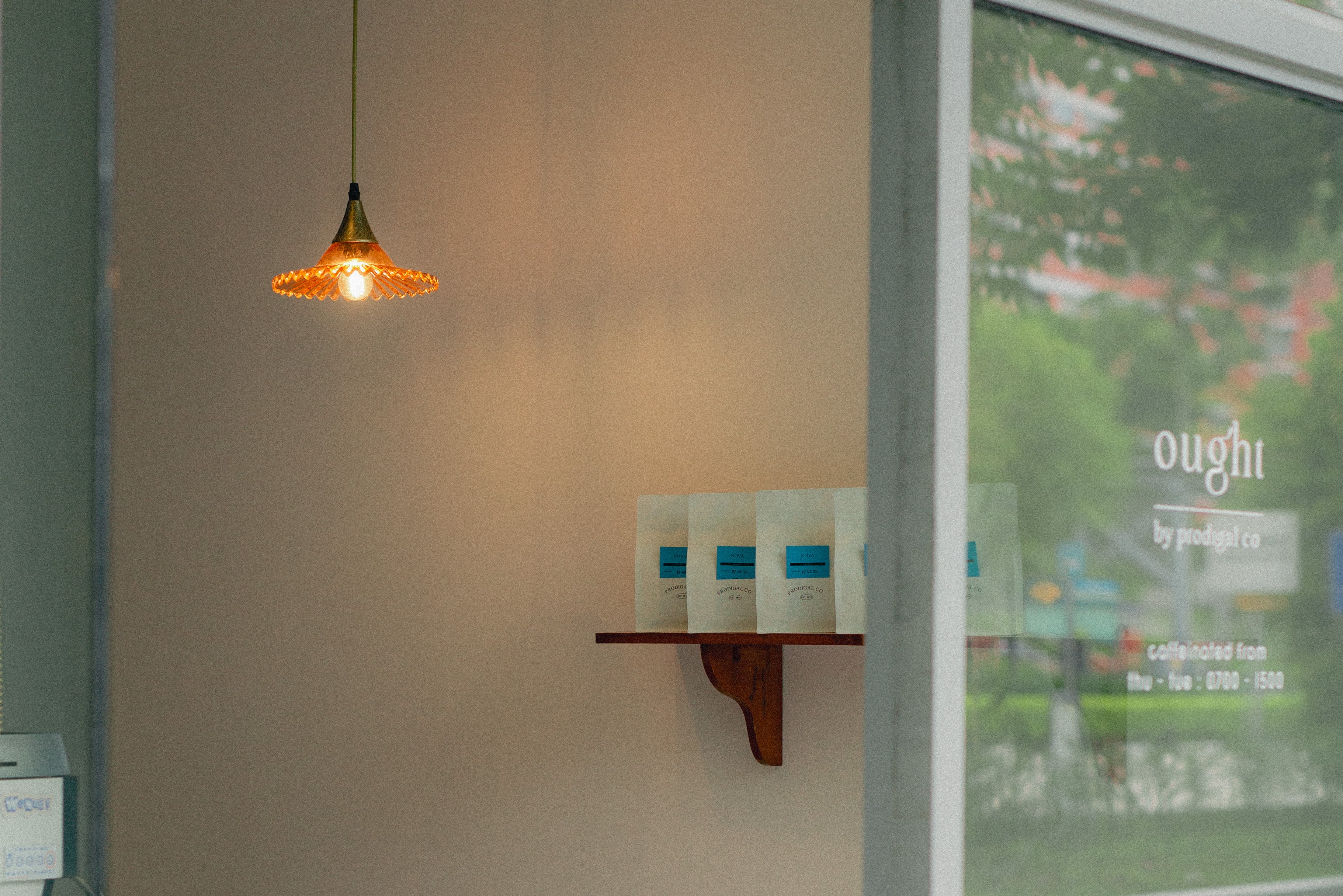
FAQ: Specialty Coffee in Singapore
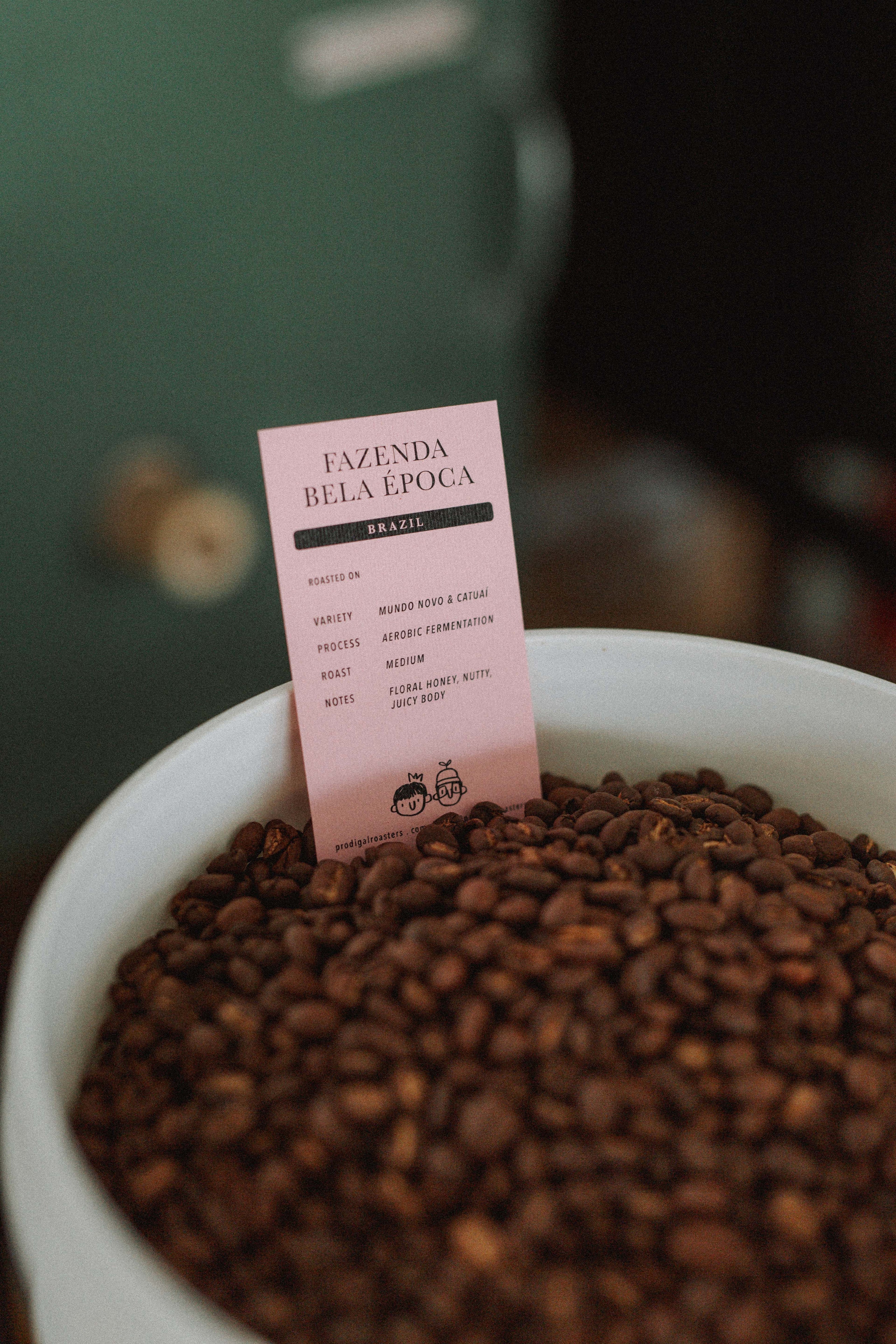
What defines specialty coffee?
Specialty coffee is defined by its high quality and unique flavor profiles, which come from specific regions and their distinct growing conditions.
It’s all about savouring those exceptional tastes that each origin brings!
How does the roasting process affect coffee flavor?
Roasting coffee beans significantly influences their flavours and aromas, with each roast level and technique creating unique profiles.
So, whether you prefer a light, fruity brew or a deep, chocolatey cup, the roast is key to your coffee experience.
How can I brew specialty coffee at home?
To brew specialty coffee at home, try using methods like a French Press, drip coffee maker, or Moka Pot, and make sure to use the appropriate grind size for each method.
This will elevate your coffee experience significantly!
What are some current trends in the specialty coffee industry?
The specialty coffee industry is currently trending towards sustainability, the use of Artificial Intelligence in production, and new brewing methods that elevate flavor and quality. Keep an eye on these exciting developments!


